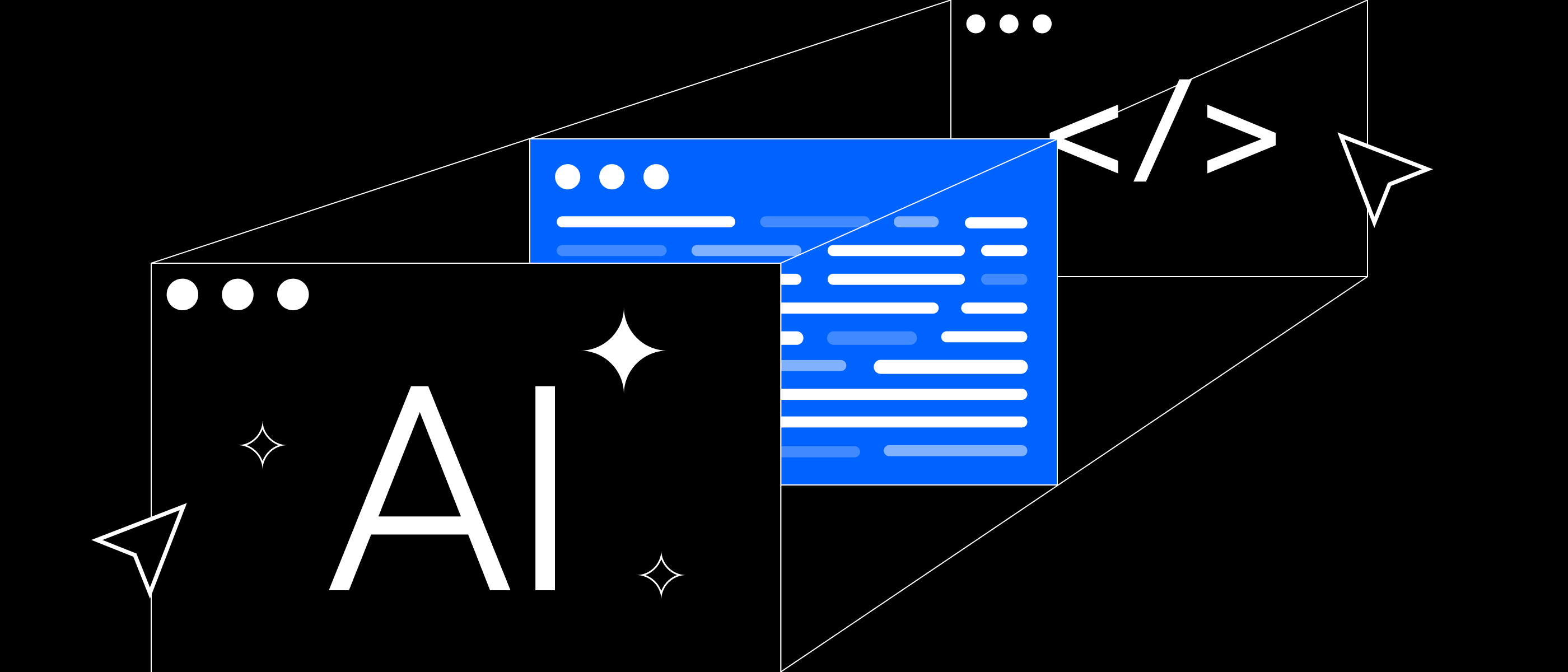When selecting a software solution for a new online project, it's crucial always to consider the needs of your team and your product. In fact, the CMS of your choice should be dictated by the needs of your team and your product.
Ready to discover more? Let's dive into some of the most popular CMS.

Headless CMSs
💡 If you: have a dev team at your disposal and your product needs to go beyond the website.
If you have a team of developers at your disposal and plan to have a product that goes beyond the website you're creating right now, you should go with one of the Headless CMSs. Considering the available choices, I would divide it into two categories: cloud-based or self-hosted services.
Cloud-Based Headless
If you don't want to handle servers, the different requirements to scaling your website, availability, security, performance, and other issues related to dev-ops, you should go with a cloud-based service, either Prismic or Contentful. In my experience, I found Contentful's back-office to be the easier to use out of both (for non-developer users) but found the setup experience easier with Prismic.
Self-Hosted "Headless"
If you have a team available to do the dev-ops part, you can also go with WordPress or Wagtail. Both of them have an API to use your data to power applications other than your website. They aren't API-focused, so that they may be somewhat limited compared to Prismic or Contentful, but they're open source and have a large community behind them.

Monolithic CMSs
💡 If you: have a dev team at your disposal and need to build a website.
A Monolithic CMS is a CMS in which everything is built as a whole, meaning that the front-end and the back-end are coupled, and you don't usually depend on an API to build your front-end experience.
WordPress
Here, the king of Monolithic CMSs is WordPress, based on both its age, its open-source license (making it free to use), its community, and the massive market for themes and plugins to enhance your website. It also has the bonus of working as a Headless CMS if you want to, making it an overall good package. However, WordPress depends on the plugin and theme market for a lot of the functionality intended out of a modern website, which can cause performance and security issues if not handled correctly.
Hubspot
If you want a souped-up WordPress more geared toward marketers, you should go with Hubspot. Its integration with the Hubspot CRM, is cloud-based and all the server handling is done for you; and many of the features mentioned above make it a complete package out-of-the-box. You may even not need a full-time dev-team if you use one of the available themes (however, this is not a good approach for a professional website). Despite its easiness-to-use, it may be somewhat limiting design-wise and in terms of its usage beyond the website, as it doesn't provide an API; it is also a paid service.
Wagtail
Wagtail is another monolithic CMS on the list that can be easily compared to WordPress for its open-source nature and features. It goes a bit beyond what WordPress can do — it's more performant and based in Python, which is an advantage in and of itself. However, it requires a dev team for all of the setup work, and it's self-hosted, meaning you will have to deal with the server administration on your own.

No-Code
💡 If you: don't have a dev team at your disposal and need to build a website.
The no-code approach is clearly dominated nowadays by Webflow because it allows you to build a professional-looking website without using any code. It's a powerful tool for developers who know the ropes on front-end development with HTML and CSS and for marketers who want to build a good-looking website.
It makes it easy for the developer to create a good visual experience and for the marketeer to edit it right on the live website and see a live preview of how it will turn out. Ideally, you would still have a development team at your disposal, but it may not be needed for the whole process.
However, it doesn't allow you to use the information you input on the website elsewhere, limiting your future possibilities (for example, if you want to build a mobile app and use the same information).
Conclusion
Finding the perfect CMS for your project might be difficult, but remember — we've all been there! You should always consider the product's requirements and your team and company's needs, reaching the perfect balance among all these variables.
If you feel overwhelmed or with any specific struggle, you can reach out to someone on your team who might provide feedback about the options you're considering. Take those perspectives into your comparison and review them with time.
I hope this article can help you to make the best choice!







